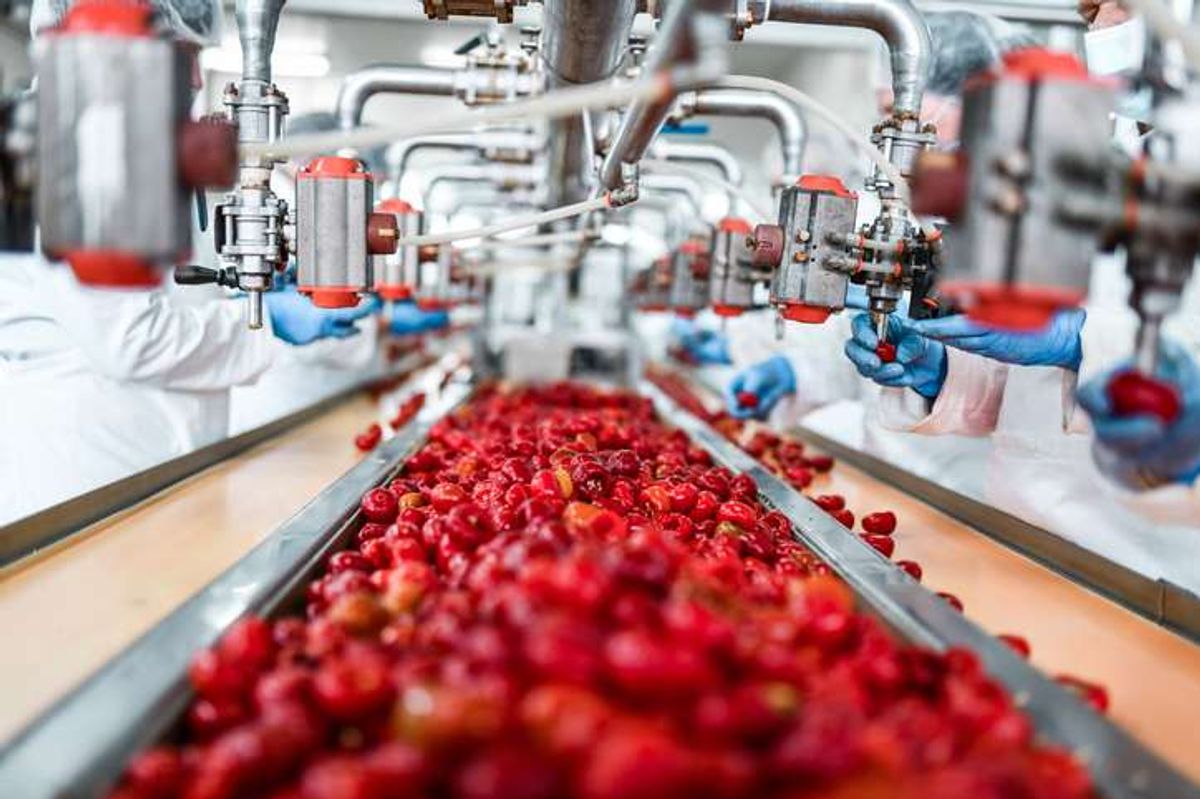Business confidence among food and drink manufacturers has taken another significant hit, sliding to -60% in the third quarter of the year, down from -40% in the previous period.
This marks the sixth consecutive quarter of negative confidence, as measured by the Food and Drink Federation (FDF), following a decline after last year’s Budget and a sustained weakness since then.
The trade body noted that uncertainty over taxes and a lack of regulatory clarity, alongside relentlessly rising costs, were among the key drivers of depressed confidence. The FDF’s latest State of Industry report reveals that 90 per cent of food manufacturers are feeling pessimistic or nervous about the Budget later this month.
Industry’s top concern is the prospect of additional taxes or costs for the sector (88 per cent), while half (50 per cent) are concerned about the risk of more burdensome regulation.
Meanwhile, more than two-fifths (45 per cent) are concerned about new policies that will negatively impact household finances, given that food sales volumes are already 8.3 per cent lower than in September 2019.
With production costs rising 5.0 per cent over the last 12 months, food inflation has remained stubbornly high in 2025 and is forecasted to remain elevated through 2026.
With energy and ingredient costs stabilised, FDF noted that this is being driven by a tranche of regulatory pressures, including a £1.1bn bill for the new EPR packaging tax and changes to National Insurance Contributions (NIC), costs which manufacturers have had to pass on to shoppers.
In response to the increased employment costs introduced in last year’s Budget, two-thirds of businesses (66 per cent) have already or will be reducing headcount. Three-quarters (74 per cent) of businesses have had to pass on some costs to consumers, and over a quarter (26 per cent) are no longer creating new roles.
Meanwhile, almost a third (29 per cent) of firms have reduced or cancelled plans to invest in the UK to cover these costs. With growth, investment and the development of new skilled jobs being held back by regulatory pressures, two-fifths of manufacturers (40 per cent) are concerned that there won’t be policies to drive growth in the upcoming Budget.
“The combination of tax rises in the last Budget, increasing costs like EPR, and policy uncertainty makes for a tough business environment,” said Karen Betts, Chief Executive of FDF.
“What’s more, food companies can readily see how impacted shoppers are by continued food price inflation and how careful households are being about spending in the run-up to Christmas.”
She added, “We fully support the government’s stated ambition for economic growth, and as the UK’s largest manufacturing sector and pillar of the ‘everyday economy’, we want to partner with government to make this happen.
"There are huge productivity gains to be made in our sector, alongside work to be done to improve environmental sustainability and healthy options.
"But we need a simpler, stable regulatory pathway if this is to happen, and one that operates across government. And real reform of the unnecessary and out-of-date regulations that tie companies down and cause opportunity costs.”


